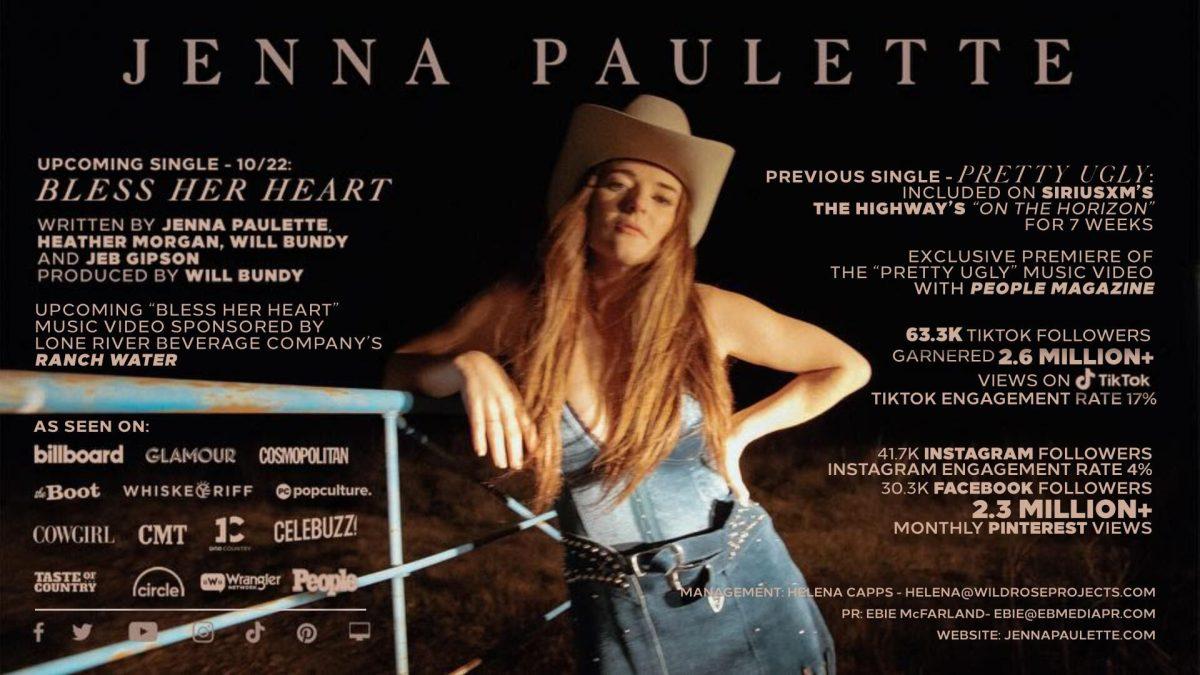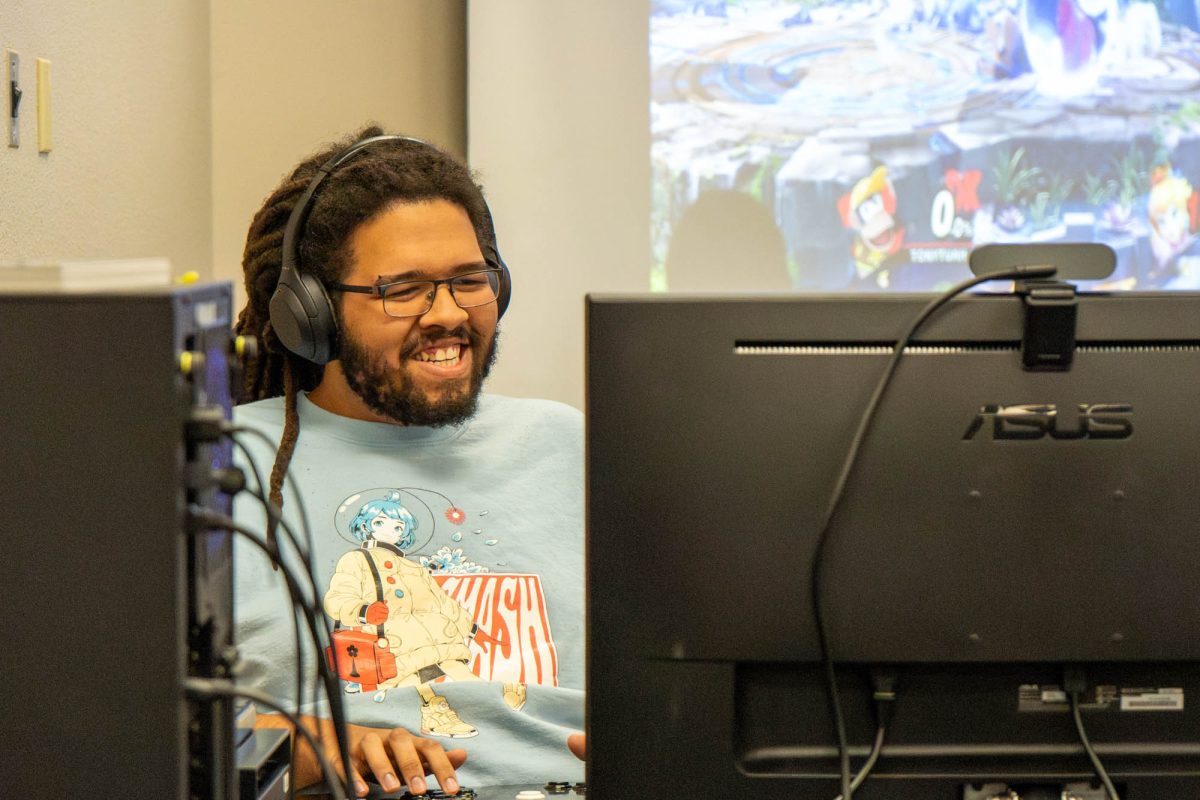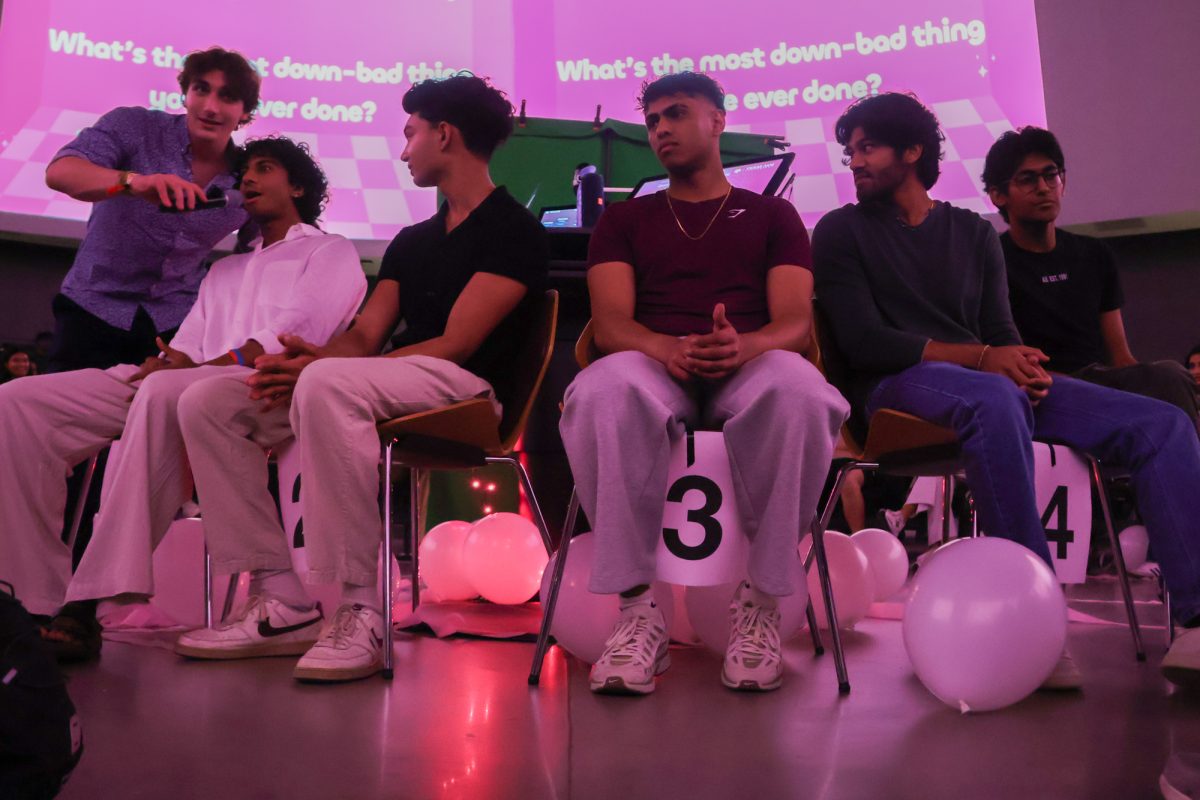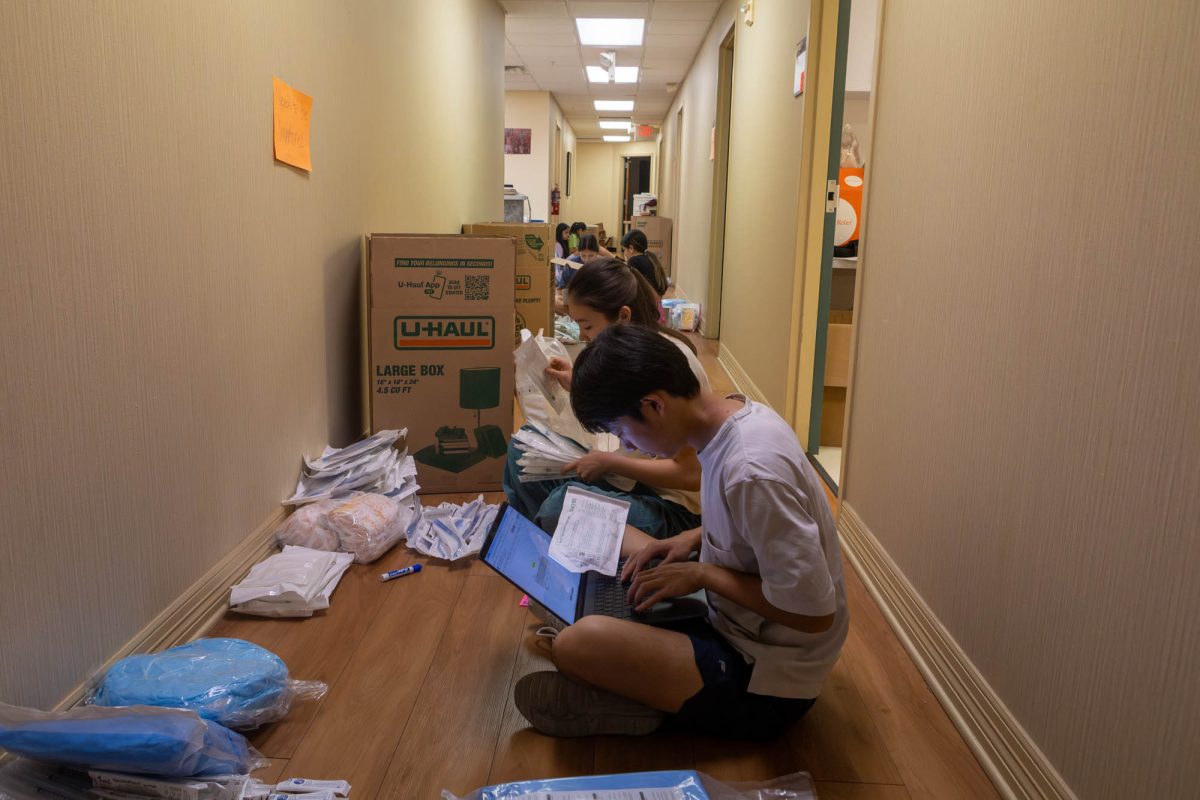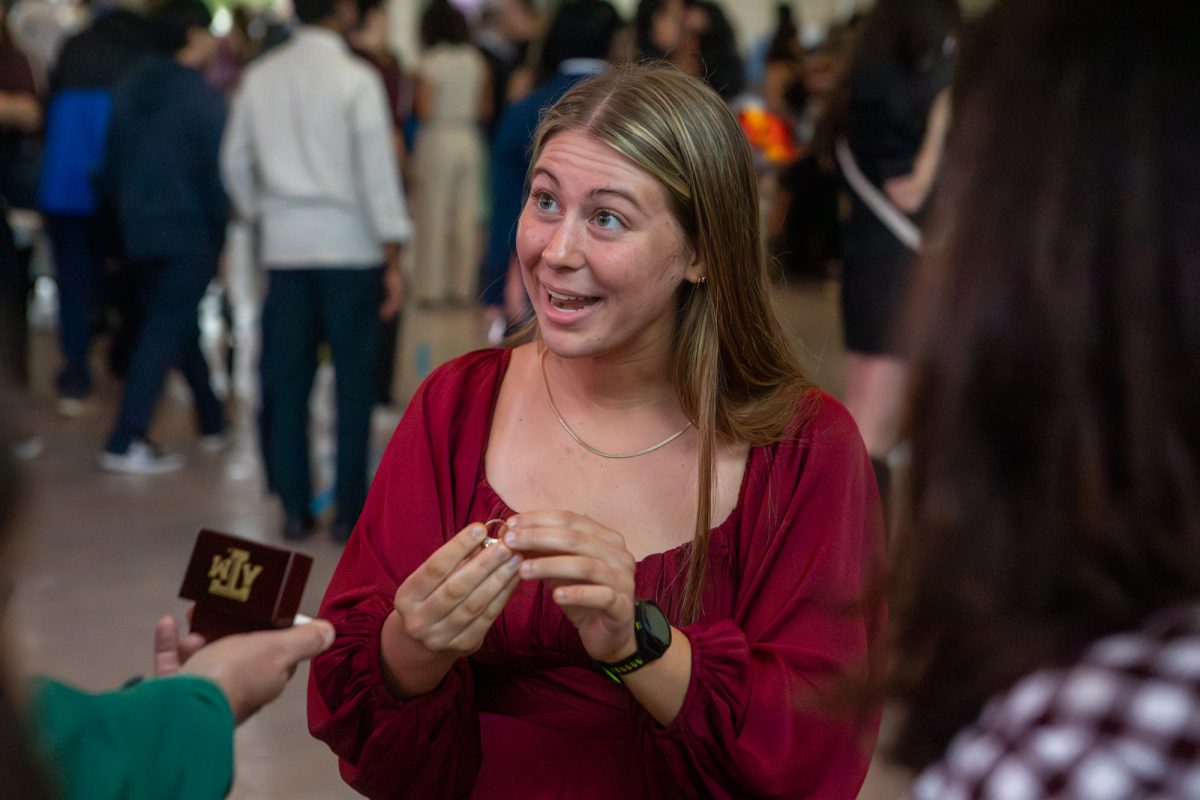From her Texas-Oklahoma border ranch to the bright lights of Nashville, one artist hopes to revive the ‘90s sound in modern country music. Lewisville native Jenna Paulette dropped her newest single “Bless Her Heart,” on Oct. 22. In order to promote the rising star’s track, Paulette organized a question-and-answer session with several college media outlets to discuss chasing her dreams, women in country music and offer advice to other young musicians
Q: Can you tell us a little bit about the inspiration behind “Bless Her Heart?”
A: I was on a songwriting trip. It’s really common in Nashville for songwriters and artists to go somewhere, be it Arizona or the beach or somewhere cool, and stowaway and write songs for a few days. We were writing down in Florida, and I had my buddies Jeb Gipson and Will Bundy and Heather Morgan. Heather’s an incredible songwriter — she wrote a lot of Brett Eldredge’s stuff. She’s one of my favorite people in town. She came in and she was like, “I have this title called ‘Bless Her Heart’ and I don’t know what the hook is gonna be or how we’re gonna set that up in a way that’s different or isn’t cheesy.” We toyed around with the idea for an hour or so and Will [and I] said, “What if it’s bless her heart, he’s gonna break it?” And the whole song unravelled from there, as a story-telling song. It’s reminiscent and we wanted it to feel like ‘90s country, but today … I knew I had to cut it right from the get-go.
Q: Who would you say, overall, are your biggest influences?
A: It would probably be George Strait, Shania Twain and [The Chicks]. George Strait represented all the men I grew up admiring. I grew up in a cow-calf operation with my family, so cowboys, all of those things were very real to me. Seeing someone like George resonate with so many people in such a real way was so inspiring to me, it made me feel like I had a place in country music. [The Chicks], they just sang the coolest, best songs ever. They cut great songs, they were amazing performers, they had so many songs that were story songs that were easy to perform, high-energy. Shania Twain was the same thing, she sang great country songs that had a lot of energy that lended themselves to being easy to perform in a show setting because they added so much energy to a live set.
Q: How did you get started as a singer-songwriter?
A: There was always music on in my house. My mom, when she would cook dinner, would put either country radio or Kenny Chesney or Tim McGraw or [The Chicks], whatever, on in our house … When I would watch these women I would be so inspired by them … I could see myself in their shoes. I started songwriting in college. I always knew I wanted to do country music, so I got my degree in marketing because I wanted to be able to position myself well as a country artist and package how people would perceive me. I started writing songs and being mentored by a guy named Ashley Gorley, he’s got like 50 plus No. 1 [hits], and he was ruthless. He would tell me when a song wasn’t good and when it was good, and I would make it better. He was so honest with me. From there, it was just holding myself to the standard that I wanted to be associated with and writing better songs and figuring out how to get where I want to be as an artist, through a lot of trial and error. And being no-quit, you can’t quit in this business — you’ve got to be gritty.
Q: If you had one piece of advice for students trying to break into the music industry, what would it be?
A: I say to figure out who you are, and what you want to say. That’s another thing Ashley was so good about getting to with me. He was like, “Jenna, if you want to be an artist, you have to know who you are, what you want to say and how you want to say it. If you do not know those three things, you do not have any reason to be an artist, you should just write songs ‘cause you’re inspired by different things now and then.” When you know who you are, what you want to say and how you want to say it, it provides some limitations for what you won’t sing, what you won’t record and those songs are just as important as those ones that you choose to. I think that’s really important, and it’ll give you definition in a lane that doesn’t interfere with other people and other artists if you choose to figure out those things early on.




